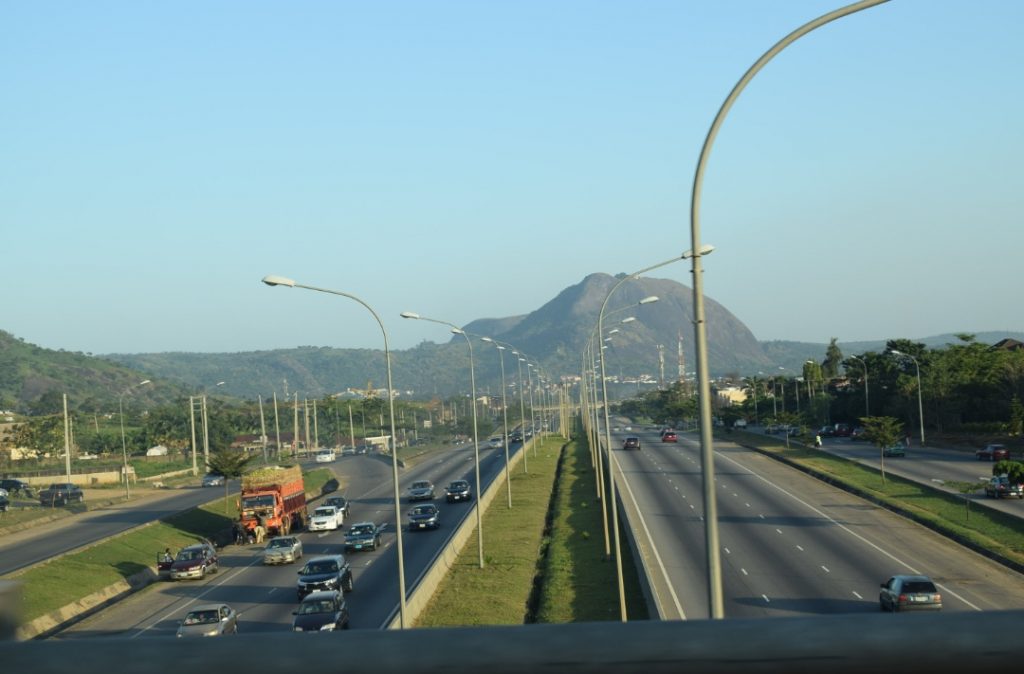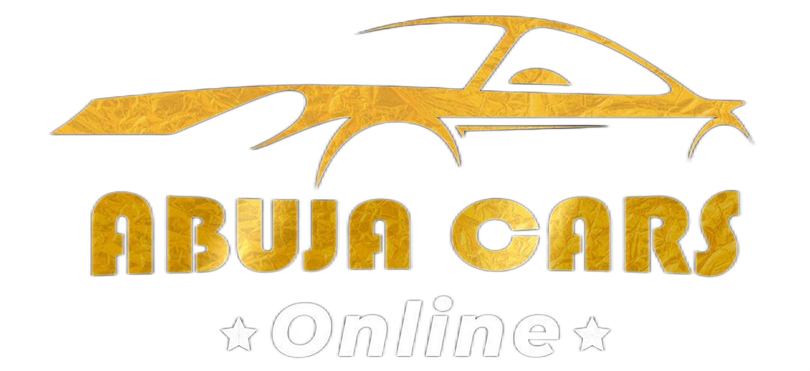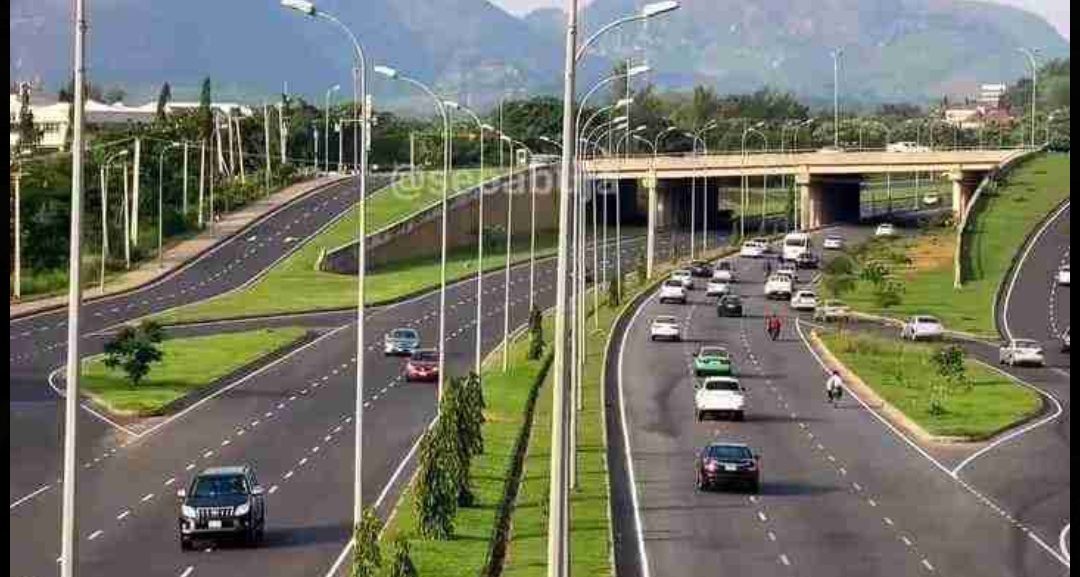
For anyone new to driving in Abuja, the capital city can present a unique set of challenges and opportunities. From the busy streets around the city center to the more relaxed roads on the outskirts, navigating Abuja requires not only skill but also a deep understanding of local traffic patterns, road conditions, and driving etiquette. Whether you’ve just earned your driver’s license or are new to Abuja, here are some essential tips to help you confidently navigate the city’s roads. Navigating Abuja’s Roads: Tips for New Drivers
1. Understand Abuja’s Road Layout
Abuja’s road system is designed with wide roads and well-planned sectors, which makes it easier to navigate compared to some other cities. However, the city’s urban design can be a bit confusing for newcomers.
- Central Business District (CBD): This is the heart of Abuja, where most government offices, businesses, and hotels are located. Expect heavy traffic, especially during rush hours (morning and evening), and be prepared for one-way streets and complex intersections.
- Garki, Wuse, and Maitama: These are some of the busiest residential and commercial areas. The roads here can be crowded, with plenty of pedestrians and motorcycles (okadas). It’s essential to stay alert, keep a safe distance, and always obey traffic signals.
- Outer Areas: As you move toward the outskirts of the city, such as Kubwa or Kuje, the roads become less congested but may be narrower or less well-maintained. In these areas, you might encounter potholes, so it’s important to drive cautiously.
2. Be Prepared for Traffic Congestion
Like any major city, Abuja experiences traffic congestion, particularly during peak hours. The main factors contributing to traffic are:
- Commuters: Many people travel from the suburbs into the city for work or business, leading to traffic bottlenecks in the morning and evening.
- Construction Projects: Abuja is constantly evolving, and construction projects can sometimes block lanes or cause detours. Stay updated on roadworks and plan alternative routes when necessary.
- Security Checkpoints: Certain routes, especially those leading to government buildings or diplomatic zones, may have security checkpoints. Always be prepared for occasional delays at these points, as police and military personnel may inspect vehicles.
3. Learn the Local Road Signs and Signals
Though Abuja follows the general traffic laws of Nigeria, it’s essential to familiarize yourself with local road signs and signals, especially if you’re new to the country or haven’t driven here before. Some signs you might encounter include:
- Roundabouts: Abuja is known for its roundabouts, especially in areas like the Central Business District (CBD). When approaching a roundabout, be aware of the traffic rules: vehicles already in the roundabout have the right of way, so give way to them.
- Pedestrian Crossings: Many roads in Abuja have pedestrian crossings, especially in high-traffic areas. While they are generally safe to use, drivers should always slow down and give pedestrians the right of way. Keep an eye out for people crossing unexpectedly.
- One-Way Streets: Be sure to follow one-way signs, especially in busy areas like Wuse and Garki. Some drivers ignore these signs, but doing so can result in fines or accidents.
- Traffic Lights: Though traffic lights are generally reliable, some intersections in Abuja can have malfunctioning or missing lights, especially outside the central areas. Always be cautious and ready to stop if traffic conditions seem unclear.
4. Be Cautious of Motorcycles (Okadas) and Tricycles (Keke NAPEP)
In Abuja, motorcycles (locally known as okadas) and tricycles (Keke NAPEP) are commonly used for short trips. While these vehicles provide a convenient mode of transport for locals, they can also be unpredictable on the roads.
- Be Alert: Okadas often weave in and out of traffic, cutting in front of cars unexpectedly. Always maintain a safe distance and be prepared to stop suddenly.
- Lane Discipline: Tricycles often occupy the lanes designated for cars, particularly in less busy areas. Be aware of their presence and exercise patience when navigating around them.
- Pedestrians: Abuja’s roads can be crowded with pedestrians, particularly in high-traffic areas. Be extra cautious, especially when approaching markets, bus stops, or intersections.
5. Use Your Car’s Features to Your Advantage
If you’re driving a modern car in Abuja, you’ll have access to advanced features like GPS, parking sensors, and rearview cameras. These features can make navigating Abuja’s busy streets much easier:
- GPS Navigation: Traffic patterns in Abuja can change rapidly, so using a GPS navigation app like Google Maps or Waze can help you avoid traffic jams, roadworks, and accidents. These apps provide real-time traffic updates, helping you take alternative routes if needed.
- Parking Assistance: In areas with limited parking (like Wuse Market or the Central Business District), parking assistance features in your car can help you find parking spots and park more easily in tight spaces.
- Air Conditioning: The heat in Abuja can be intense, especially in the dry season. Make use of your vehicle’s air conditioning system to stay cool, but always remember to maintain your vehicle’s cooling system and keep your windows free of dust.
6. Obey Speed Limits and Stay Safe
Abuja has well-marked speed limits, but it’s easy to get distracted by the beautiful roads or the view. However, it’s crucial to stay within the speed limits, especially in urban areas.
- Speed Limits: Most urban roads in Abuja have speed limits ranging from 50-60 km/h. On highways leading out of the city, the limit may increase to 100 km/h or higher, but always watch for signs indicating specific limits.
- Seatbelts: Wearing a seatbelt is mandatory in Abuja, as it is throughout Nigeria. Make sure all passengers are wearing their seatbelts, especially in the front seat.
- Avoid Distractions: Refrain from using your phone or engaging in other distractions while driving. Stay focused and alert to ensure both your safety and the safety of others.
7. Know What to Do in Case of an Emergency
Accidents or breakdowns can happen, even on the most well-maintained roads. Here’s what you should do if you find yourself in an emergency situation:
- Remain Calm: If involved in an accident, stay calm and check for injuries. Call emergency services immediately if anyone is hurt.
- Exchange Details: Swap contact and insurance information with other parties involved in the accident. If it’s a minor incident, you can settle the matter with the police, but always report accidents to the authorities.
- Vehicle Breakdown: If your car breaks down, it’s important to pull over to the side of the road, turn on your hazard lights, and call for assistance. You can contact your insurance provider or a local mechanic for roadside help.
8. Practice Defensive Driving
Lastly, the best tip for any new driver is to practice defensive driving. This means staying alert, anticipating the actions of other drivers, and being ready for the unexpected. In a city like Abuja, where traffic can change quickly, being a cautious and defensive driver will help you avoid accidents and ensure a safer driving experience.
Conclusion: Enjoy the Ride
Abuja offers a unique and enjoyable driving experience with its wide, well-planned roads and modern infrastructure. However, navigating its streets requires patience, attention to detail, and a good understanding of local driving customs. By following these tips, new drivers can confidently explore the city while staying safe on the road. Whether you’re commuting to work, running errands, or simply enjoying a weekend drive, the key to success in Abuja is staying alert, respecting traffic laws, and driving with caution.
Also check out this post: How to Sell Your Car in Abuja: A Guide to Getting the Best Deal

